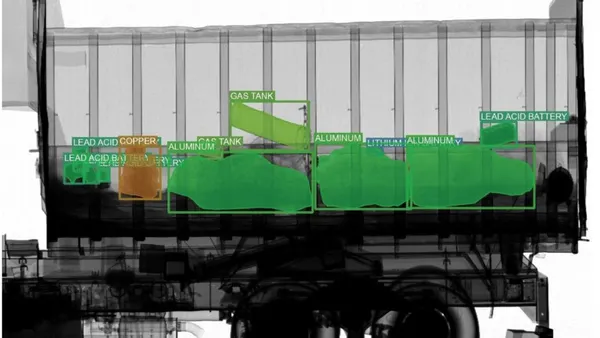Dive Brief:
- While acting as a researcher at Virginia Tech, professor emeritus Wolfgang Glasser discovered a means to produce a biodegradable garbage bag.
- Glasser was working on a project using lignin, a compound made of plant cell walls. Lignin is a by-product of the paper-making process and is usually thrown away.
- Glasser discovered lignin was inexpensive, abundant and capable of being used instead of petroleum. He began using the component to create an entire range of products, including several types of plastic bags.
Dive Insight:
Glasser, who is now the chief scientific offer at cycleWood Solutions, is currently experimenting with ways to transform lignin into other items such as cups and plates. This discovery could become a catalyst to eliminate take-out containers and polystyrene cups — something that cities and companies are already considering despite some backlash from manufacturers and restaurants. Depending upon the outcome and feasibility of products using lignin, this could be a major victory for manufacturers and retailers alike.
The biodegradable bags may solve another issue facing retailers and bag manufacturers: bag bans. Both stores and plastic bag manufacturers are opposed to bag bans, but biodegradable bags may change the conversation surrounding plastic bags as an environmental hazard.













